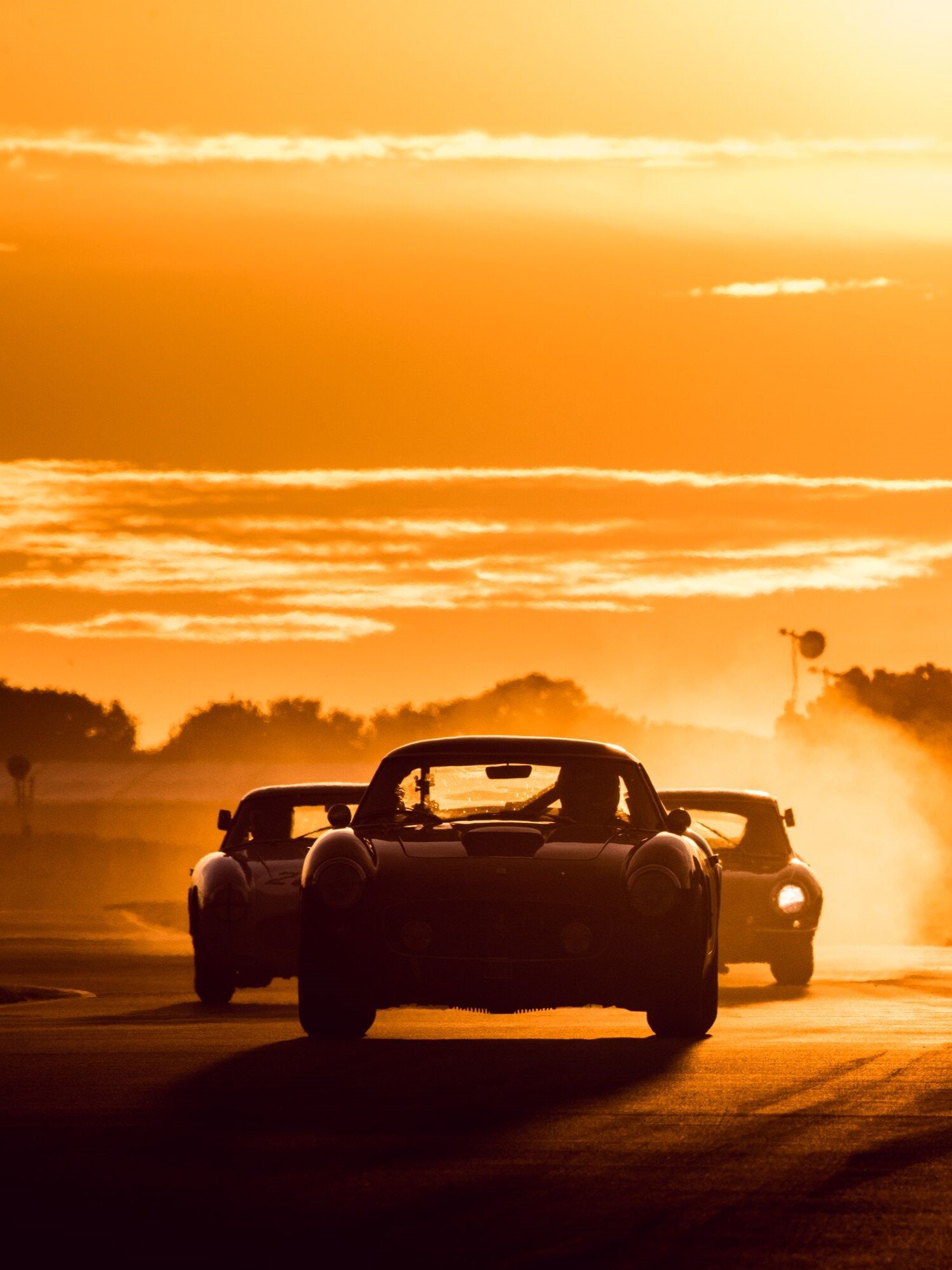Best Batmobiles of all time
Images of the latest Batmobile from The Batman have gone viral on social media, previewing yet another change of direction for the iconic superhero. But what does this new Batmobile tell us about Batman’s latest on-screen depiction and how has this iconic car of both comic book and screen changed over the years?

Batmobile – the early years
We may consider the 60s Batmobile as the definitive vision of what Batman’s car should look like. But Batman was around a long time before that. The first true Batmobile didn’t appear in print until 1941, complete with the bat logo, customised bodywork and stylised bat wings we now associate with the genre. It took a while before this made it to the screen though, the original ‘series films’ of the ‘40s seeing Batman and Robin using ordinary cars like the ’49 Mercury convertible from which he leaps onto a moving train in one scene.
The ’66 Batmobile
Created by custom car legend George Barris, the now iconic Batmobile that featured in the Adam West TV series – and film of the same era – was famously a repurposed 50s Lincoln Futura concept car he bought for a dollar and had lying around with hopes of one day finding a use for it. Boy, did he ever!
There was actually an Oldsmobile-based Batmobile built a few years previously by another customiser, who eventually painted it silver and used it as his daily. It’s been restored to its Batmobile spec more recently but it’s the Barris-designed one we remember, its association with comic-inspired screen action remembered with affection but also hugely influential. Gadgets like the jet engine, grappling hooks, smokescreens and various Bat-branded communication systems have all been reinterpreted in more recent Batmobiles but, for many, this car remains the definitive example. The original still exists and sold for $4.6m in 2013 before changing hands again for an undisclosed sum. It’s thought there were four other fibreglass bodied examples built for filming on Ford Galaxie running gear, one of which operated as a drag car while officially licenced replicas change hands for six-figure sums.
Batman and Batman Returns
Various Batmobiles appeared in print and animation in the years following the classic TV series but the next one to hit big screens didn’t come until 1989 in the first of two films directed by Tim Burton and starring Michael Keaton as the caped crusader. And, while certain themes were carried over from the classic ‘60s Batmobile, this was a very different machine, combining art deco influences to fit Burton’s vision of Gotham City with a new high-tech theme. The prominent jet intake on the front has more than a hint of Richard Noble’s Thrust 2 land-speed record car while the jet fighter style canopy actually forced a redesign of Keaton’s costume after it squashed the ears on his hood the first time he jumped aboard. Grappling hooks made another appearance, new gadgets for this Batmobile including remote control, voice activation and a shield system. A version of this car also appeared in Batman Returns.
Batman Forever
Nineties Batman adopted a new look and, with it, came a new Batmobile. Based the biomechanical style of HR Giger – designer of the original Alien from the film of the same name – the designers took inspiration from organic forms, including deep sea fish and the patterns of veins and muscle in the tissue of real bat wings. Other influences included leather fetish wear, the final design built in three distinct ‘layers’ with the design team admitting even they didn’t know how it would turn out until completed. Two were built for filming, one for stunt work and the other as a ‘hero’ car for scenes with Val Kilmer’s Batman. Certain themes continued though, the flame-spewing jet engine and outrageous bat wing adornments included.
Batman and Robin
Not the most popular chapter in Batman’s recent movie history, the Batmobile created for George Clooney combined the organic shapes of the Batman Forever car and mixed it with the more brash and classic comic book style of the Barris-era machine. Accordingly, it returned to the open cockpit theme and a more garish appearance than the increasingly gothic Batmobiles seen in previous films. The gadget count remained high, with rocket launchers, the inevitable grappling hooks and various bomb dispensers.
The Dark Knight trilogy
After the descent into self-parody the Batmobile needed serious reinvention and that was exactly what it got for the critically acclaimed Dark Knight trilogy, directed by Christopher Nolan and starring Christian Bale as Batman. Arguably the Tumbler Batmobile is as big a star as any of the flesh and blood actors, Nolan saying “it was important to design the Batmobile before we approached any other aspects of the film design because I had a very specific idea in my head.” That idea was, as he puts it, part Lamborghini, part Humvee with a garnish of stealth bomber and, overall, a grittier vision of what a vigilante crime fighter of limitless resources might build for himself. Accordingly, the Tumblers created for the film were machines of incredible sophistication and capability, the British-based team behind them giving Nolan the fully-functioning Batmobile he wanted to shoot authentic looking, live action stunts rather than rely on CGI and fakery.
Batman v Superman
There was no coming back from the Tumbler and for 2016’s ‘Dawn of Justice’ starring Ben Affleck as Batman the team took the theme of a functional, military style Batmobile and ran with it. There was also inspiration from the Tim Burton era but, like the Dark Knight, this Batmobile had a grittier edge to it and the battered patina of a machine that had fought many battles. With variable ride heights for battle and cruising, front-mounted machine guns and armour-plated panels this was a leaner, meaner evolution of the Tumbler aesthetic. Again, director Zack Snyder wanted a machine that could do it for real, likening his Batmobile to an actor who can do their own stunts. The cars for the film were built accordingly, designed from scratch using a mid-mounted engine with 550hp, monster truck transmission, variable height airbag suspension and shaved down tractor tyres at the back.
The Batman
Where to go after the extremes of the Dark Knight trilogy and Batman v Superman? Well, it seems director Matt Reeves has a very, very different vision in mind for The Batman and, again, he’s using the Batmobile as a vehicle for his wider themes. Gone is the high camp of the 60s version and those that followed in the 80s and 90s. Nor has the militaristic look of the Tumbler and more recent Batmobile been revisited. Instead we have perhaps the most ‘real’ looking Batmobile since those of the original comic books, combined with a muscle car aesthetic reminiscent of Mad Max’s original Pursuit Special. It’s still a Batmobile though and the massive exposed engine in the back of it suggests it’ll have the attitude and performance to give Robert Pattinson’s Batman wings. We’ll have to see if the traditional jet engine has been carried over too but in one Tweet Reeves has teased us with significant hints as to what he has in store when the film eventually screens and whipped up excitement for the latest twist in the Batman story. We can’t wait.
Batmobile
Batman
Matt Reeves
Warner Bros































































